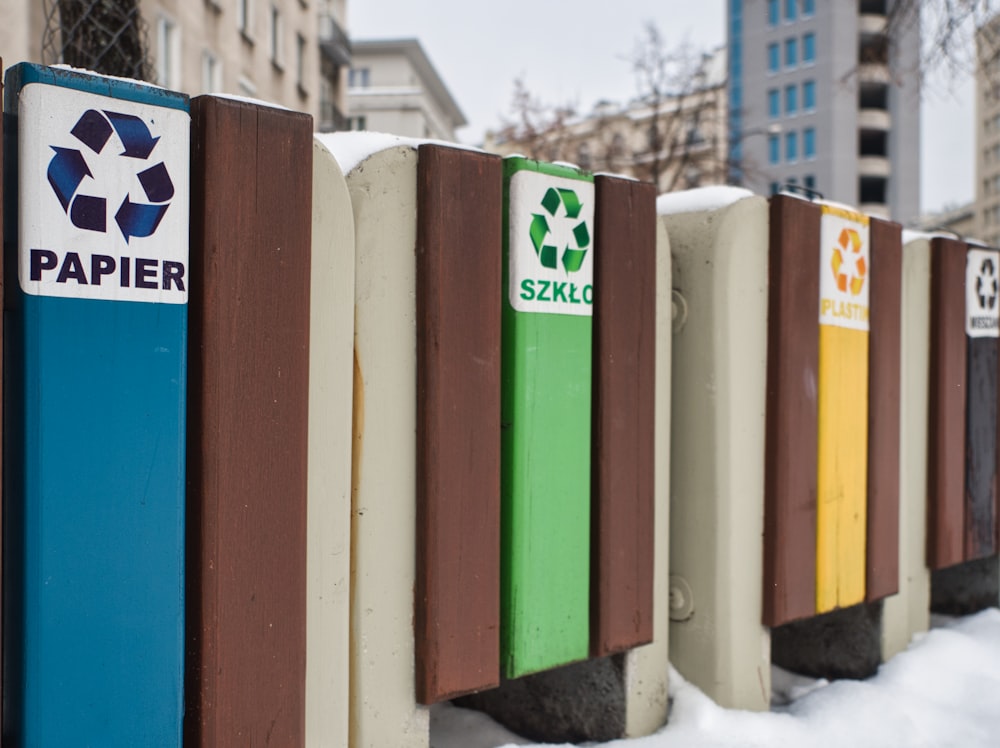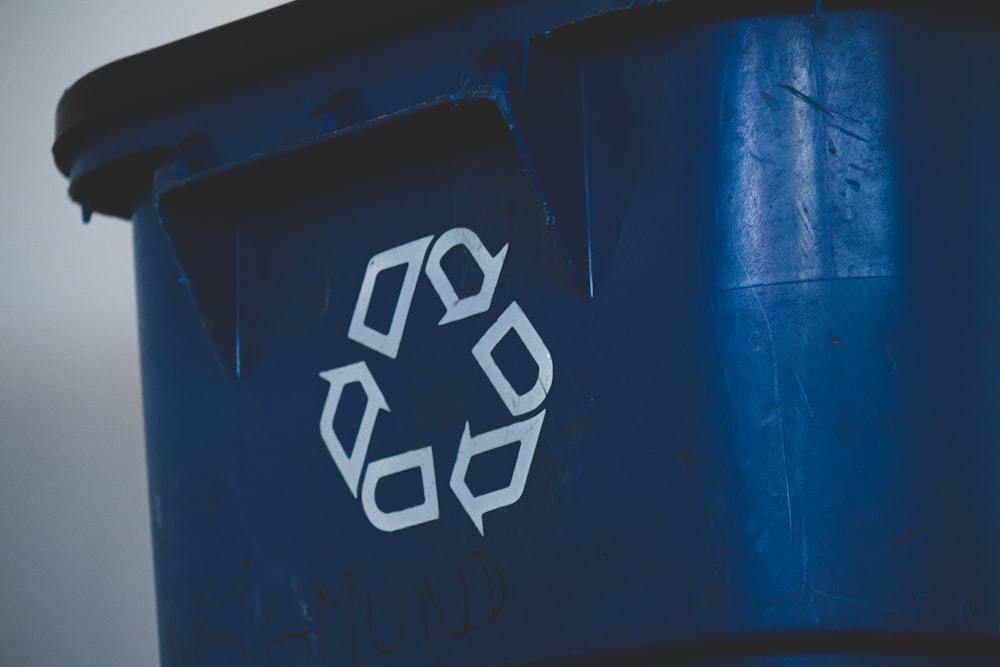In today’s rapidly changing world, adopting an eco-friendly lifestyle has become a necessity rather than just a trend. With increasing concerns about climate change, pollution, and the depletion of natural resources, each of us must take responsibility and make conscious choices that reduce our ecological footprint. Fortunately, creating an eco-friendly lifestyle doesn’t have to be overwhelming. By implementing a few simple steps into your daily routine, you can make a significant positive impact on the environment. In this comprehensive blog post, we will delve into effective and practical ways to embrace sustainability and pave the way for a greener future for ourselves and future generations.
Reduce, Reuse, Recycle
At the core of an eco-friendly lifestyle lies the mantra of “reduce, reuse, and recycle.” By incorporating these principles into our lives, we can minimize waste and conserve valuable resources. Start by critically assessing your buying habits and purchasing only what you genuinely need. Embrace the concept of reusing items whenever possible, whether it’s using refillable water bottles, shopping bags, or coffee cups. By doing so, you contribute to reducing the demand for single-use items that end up polluting our oceans and beaches in the form of marine debris or simply taking up space in landfills. Additionally, establish an efficient recycling system in your home and educate yourself about the recycling guidelines specific to your area. Recycling not only conserves resources but also reduces the energy required for producing new materials.
Conserve Energy
Conserving energy is a fundamental aspect of an eco-friendly lifestyle. Small adjustments in your energy consumption habits can make a significant difference in reducing your carbon footprint. Begin by cultivating the habit of turning off lights, appliances, and electronics when they are not in use. Simple actions like unplugging chargers, when not actively charging devices, can help eliminate “vampire energy” consumption. Transition to energy-efficient LED light bulbs and invest in energy-efficient appliances, as they consume less electricity while providing the same level of functionality. Make the most of natural light during the day by keeping curtains open and optimizing daylight. Furthermore, consider exploring renewable energy sources such as solar panels to power your home sustainably.
Embrace Sustainable Transportation
Transportation is a major contributor to carbon emissions and air pollution. By adopting sustainable transportation options, you can reduce your carbon footprint and contribute to cleaner air. Whenever feasible, opt for alternative modes of transportation such as walking, biking, or using public transportation instead of driving a car. These options not only reduce emissions but also promote a healthier lifestyle by incorporating physical activity into your daily routine. Carpooling and ridesharing are excellent ways to further reduce emissions and save money on fuel costs. If owning a vehicle is necessary, consider purchasing a hybrid or electric car, as they significantly reduce environmental impact by utilizing cleaner energy sources.
Eat Mindfully
The food we consume has a profound impact on the environment. By adopting sustainable eating habits, we can reduce greenhouse gas emissions and conserve natural resources. Begin by incorporating more plant-based meals into your diet, as the production of plant-based foods generally requires fewer resources compared to animal-based products. Opt for locally sourced, organic, and seasonal produce whenever possible. By supporting local farmers’ markets, you not only reduce the carbon footprint associated with long-distance transportation but also strengthen the local economy. Additionally, strive to minimize food waste by planning meals, properly storing leftovers, and composting organic waste. Mindful eating choices can contribute to a healthier planet and a healthier you.
Conserve Water
Water is a precious resource, and conserving it is essential for an eco-friendly lifestyle. Small changes in your daily routines can significantly reduce water consumption. Start by promptly fixing any leaky faucets or toilets, as even a small drip can waste a significant amount of water over time. Install low-flow showerheads and faucet aerators, which help regulate water flow without compromising on functionality. These simple adjustments can lead to substantial water savings without sacrificing your comfort. Additionally, consider collecting rainwater for activities such as watering plants and gardens. Being mindful of your water usage during everyday tasks like brushing your teeth or doing laundry can also contribute to conservation efforts.
Emphasize Natural Cleaning
Traditional cleaning products often contain harmful chemicals that can adversely affect both the environment and our health. By switching to natural cleaning alternatives, you can make a greener choice while maintaining a clean and healthy living environment. Opt for non-toxic, biodegradable cleaning products that are safer for both your family and the ecosystem. Alternatively, you can create your cleaning solutions using simple ingredients such as vinegar, baking soda, and lemon juice. Not only are these alternatives more environmentally friendly, but they are also often more cost-effective. By making this switch, you contribute to a cleaner and more sustainable future.
Choose Sustainable Fashion
The fashion industry is notorious for its environmental impact, from water consumption during textile production to chemical pollution from dyeing processes. By making conscious choices about what we wear, we can contribute to reducing this impact. Opt for clothing made from sustainable materials such as organic cotton, hemp, or bamboo. These materials are often cultivated using environmentally friendly practices that minimize the use of pesticides and reduce water consumption. Additionally, support ethical and fair-trade brands that prioritize sustainable production practices, such as reducing waste and providing fair wages to workers. Extending the life of your garments through proper care, repairing when needed, and donating or recycling unwanted clothing items further reduce the environmental impact of the fashion industry.
Transitioning to an eco-friendly lifestyle is a journey that requires commitment and conscious decision-making. By following these simple steps and integrating them into your daily routine, you can make a positive impact on the environment and inspire others to do the same. Remember, even small changes matter and collectively contribute to a sustainable future. Let us take responsibility for our actions, embrace eco-conscious choices, and work together to create a greener world for ourselves and future generations. Through our collective efforts, we can make a significant difference and pave the way for a more sustainable and harmonious planet.
Published by HOLR Magazine.




